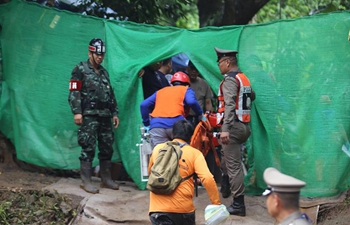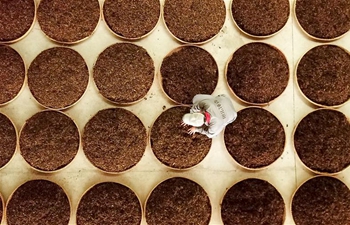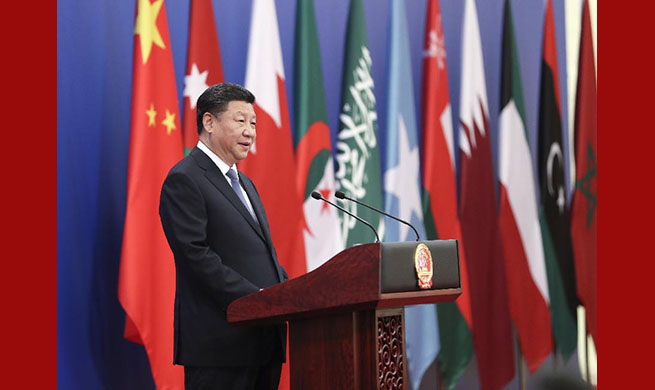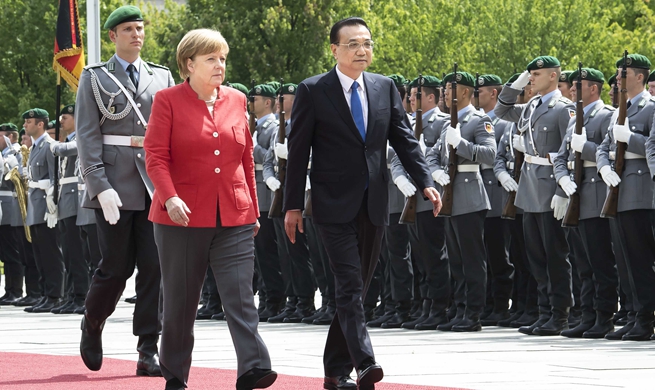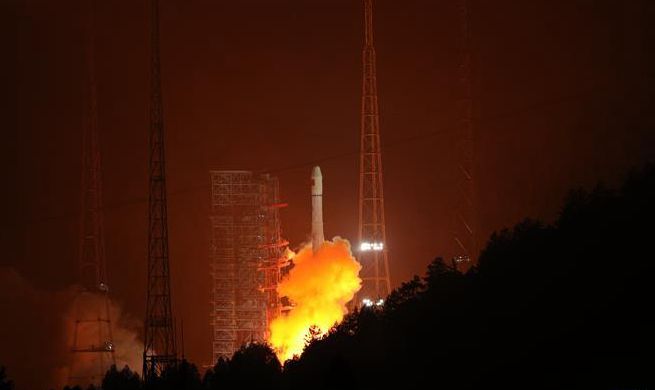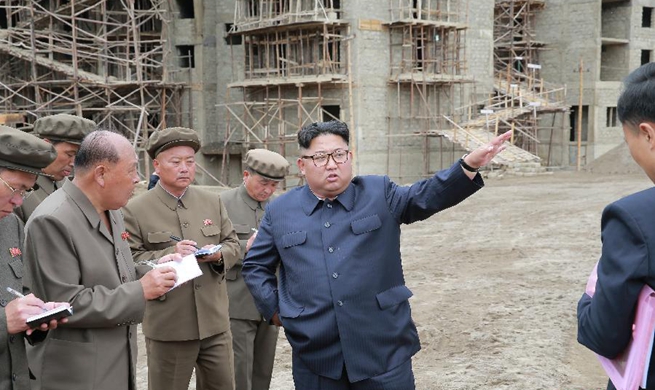BEIJING, July 10 (Xinhua) -- Four years ago, Li Youjia (pseudonym) accepted a kidney from an organ donor. A month ago, after she passed away, her family signed a form to donate all of Li's body parts that could help others.
Through the China Organ Transplant Response System, her liver, corneas and pancreas went to four different patients.
"Organ donation and transplantation not only pass on love, but also test the level of a country's civilization and rule of law," said Ye Qifa, a member of the China National Organ Donation and Transplantation Committee (CNODTC).
China banned the use of organs from executed prisoners from 2015, making voluntary donation the only legitimate source for organ transplants.
A high-profile move though it was, the change was only one step in the country's reforms and measures to put organ donation and transplantation under better regulation.
In 2007, the country issued a regulation on human organ transplantation, and a pilot program for organ donation after death was launched in 2010.
Organ trading was criminalized in 2011.
A total of 32 illegal organ intermediaries and 14 illegal transplant sites have been busted over the last 10 years.
Making such progress was not easy. Huang Jiefu, director of the CNODTC, said that as many doubted Chinese people's willingness to donate organs, reform measures were sometimes met with pessimism.
However, the outcome spoke for itself.
In 2017, China saw 5,146 cases of organ donation and 16,000 transplant surgeries, among which 86 percent were after-death donations and the rest living donations from recipients' family members.
A national organ allocation computer system, which takes into account geographical region, recipient illness, compatibility, child needs and waiting time, has been developed to ensure fair, transparent and efficient organ allocation.
Due to the scientific working systems and the medical technology, quality and safety of organ transplantations have improved markedly, according to Guo Yanhong, a senior official with the medical service management department of the National Health Commission.
The once international negative opinion on China's organ transplant system has now shifted to one of mutual understanding, support, communication and cooperation.
At the just concluded 27th International Congress of the Transplantation Society in Madrid, the WHO Task Force on Donation and Transplantation of Human Organs and Tissues was formally established.
China is one of the only two member states to have two members in the task force.
In October 2016, at the China International Organ Donation Conference held in the Great Hall of the People in Beijing, Margaret Chan Fung Fu-chun, former director-general of the WHO, said that China's success could serve as a model for other countries to learn from.
Philip O'Connell, former president of the Transplantation Society, also said that after the Chinese Transplantation Congress was held in Kunming in 2017 the country greatly improved the transparency of organ transplant data, and many of the rumors about the country's transplant practices naturally collapsed.
In May 2018, at a side session on organ transplantation of the 71st World Health Assembly, WHO Director-General Tedros Adhanom Ghebreyesus thanked China for its contribution to the field.
On June 8, 2017, at Shanghai Pudong International Airport, in order to let a donor's heart take the day's last flight to Wuhan, 147 passengers agreed to "give away the flight to life" and had their flight postponed for one and a half hours.







